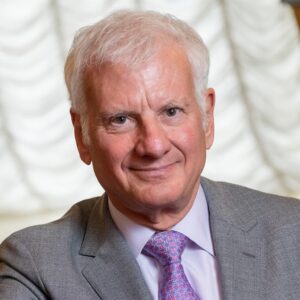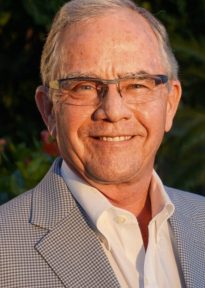
Podcast: Play in new window | Download
Welcome to Dr. M’s Women and Children First, the podcast where we dive deep into the science of health, wellness, and prevention—especially for women, children, and families. Today, we have a truly special guest, Dr. Joe Pizzorno.
Dr. Joe Pizzorno is a world-renowned leader in functional and naturopathic medicine, a trailblazer in environmental health, and the founding president of Bastyr University, one of the most prestigious natural health institutions in the world. With decades of research, policy advocacy, and clinical expertise under his belt, Dr. Pizzorno has been at the forefront of reshaping modern medicine by emphasizing the critical role of nutrition, detoxification, and whole person health in preventing and reversing disease.
He is the author of these books: Textbook of Natural Medicine, The Toxic Solution, Clinical Environmental Medicine, Clinical Pathophysiology and Total Wellness. He is an incredible teacher and sought after speaker worldwide.
Today, we’ll be discussing metabolism and the hidden impact of environmental toxins on women and children’s health, practical detox strategies, and how we can take charge of our well-being in an increasingly toxic world. If you’re looking for science-backed insights and actionable tips to help your family thrive, you won’t want to miss this conversation!
I hope that you enjoy my conversation with Dr. Joe Pizzorno!
Dr. M




















